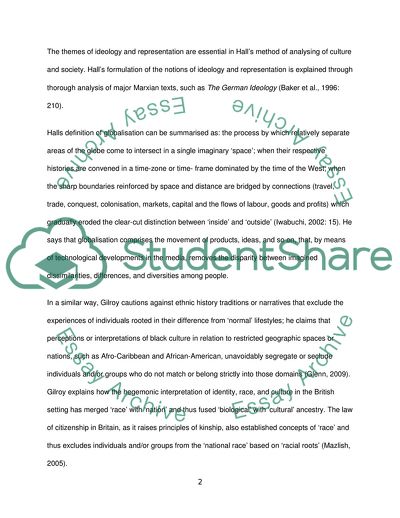Cite this document
(Key Ideas and Their Contribution to the Sociological Understanding of Essay, n.d.)
Key Ideas and Their Contribution to the Sociological Understanding of Essay. https://studentshare.org/sociology/1825497-stuart-hall-and-paul-gilroy
Key Ideas and Their Contribution to the Sociological Understanding of Essay. https://studentshare.org/sociology/1825497-stuart-hall-and-paul-gilroy
(Key Ideas and Their Contribution to the Sociological Understanding of Essay)
Key Ideas and Their Contribution to the Sociological Understanding of Essay. https://studentshare.org/sociology/1825497-stuart-hall-and-paul-gilroy.
Key Ideas and Their Contribution to the Sociological Understanding of Essay. https://studentshare.org/sociology/1825497-stuart-hall-and-paul-gilroy.
“Key Ideas and Their Contribution to the Sociological Understanding of Essay”. https://studentshare.org/sociology/1825497-stuart-hall-and-paul-gilroy.


